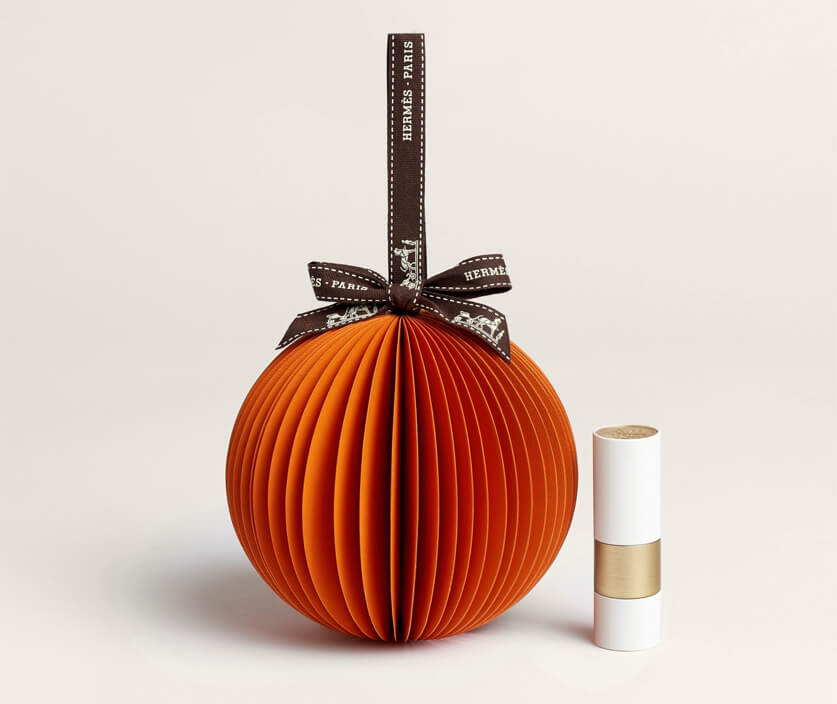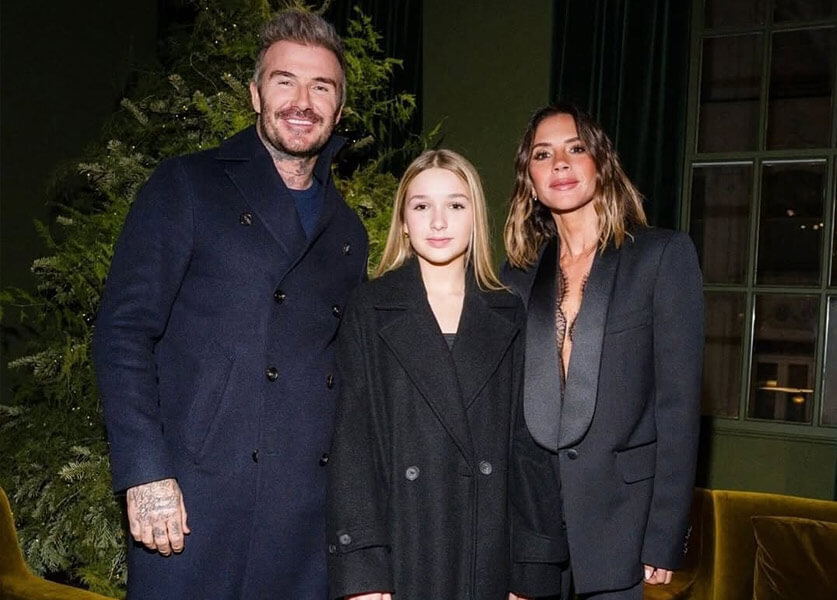Holidays' Special - Recipes
Our selection of 2023 literary prize winners to gift this Christmas
Isabelle Boudet, Pascaline Potdevin, Gaspard Couderc et Louis Delafon - Madame Figaro
18-December-2023

Awarded the Goncourt, Renaudot, or Flore, they make the perfect gift to place under the Christmas tree. Our selection guide will help you choose wisely, especially for those who haven't (yet) read them.
“Veiller sur elle” by Jean-Baptiste Andrea (Goncourt Prize)
Jean-Baptiste Andrea, known for his love of storytelling, received the 2023 Goncourt Prize for this novel, following Brigitte Giraud’s autofiction about mourning last year. The book, spanning nearly 600 pages, tells the story of Mimo, a poor, undersized man from Savoy who transforms his life through his talent in sculpture and his encounter with Viola, the defiant daughter of the Orsini clan. This epic narrative crosses two timelines and explores Italy from the early 20th century, through World War I and post-fascism, to the 1980s. Andrea's cinematic style and vivid writing make this novel an engaging read and a perfect Christmas gift.
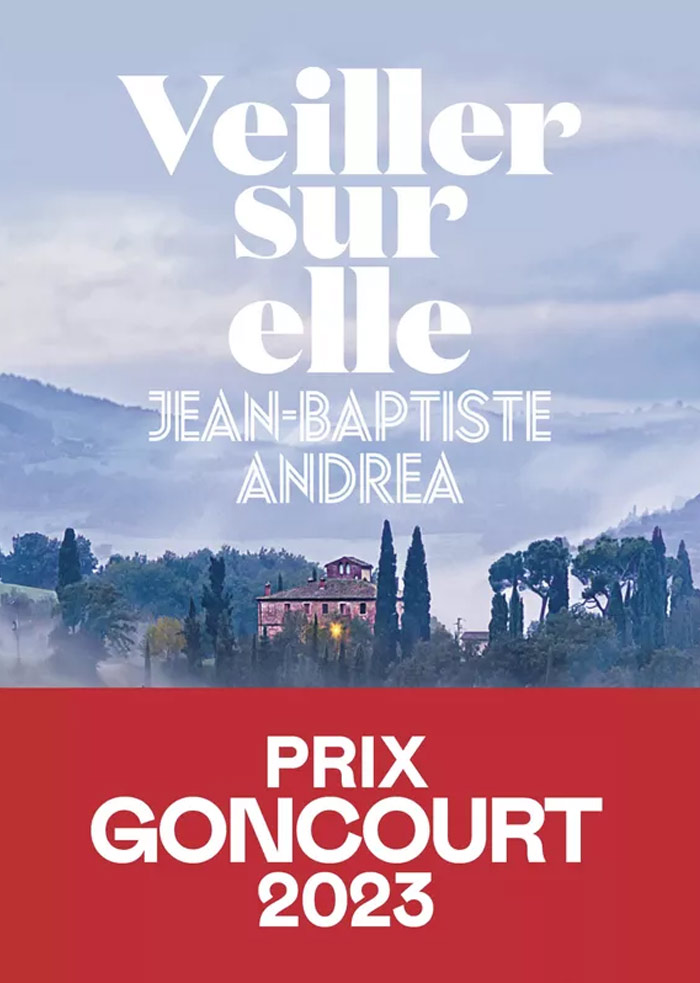
“Triste Tigre” by Neige Sinno (Fémina Prize, Goncourt Prize for High School Students)
A powerful book from the 2023 literary season, "Triste Tigre" is Neige Sinno’s harrowing account of childhood and adolescent abuse at the hands of her stepfather. She delves into the unspeakable horrors of abuse, control, terror, silence, and the enduring trauma of incest. Sinno critically examines how our culture, media, and justice system often overlook or misinterpret child abuse. Her precise, literate, and clear writing makes for a necessary and eye-opening read.
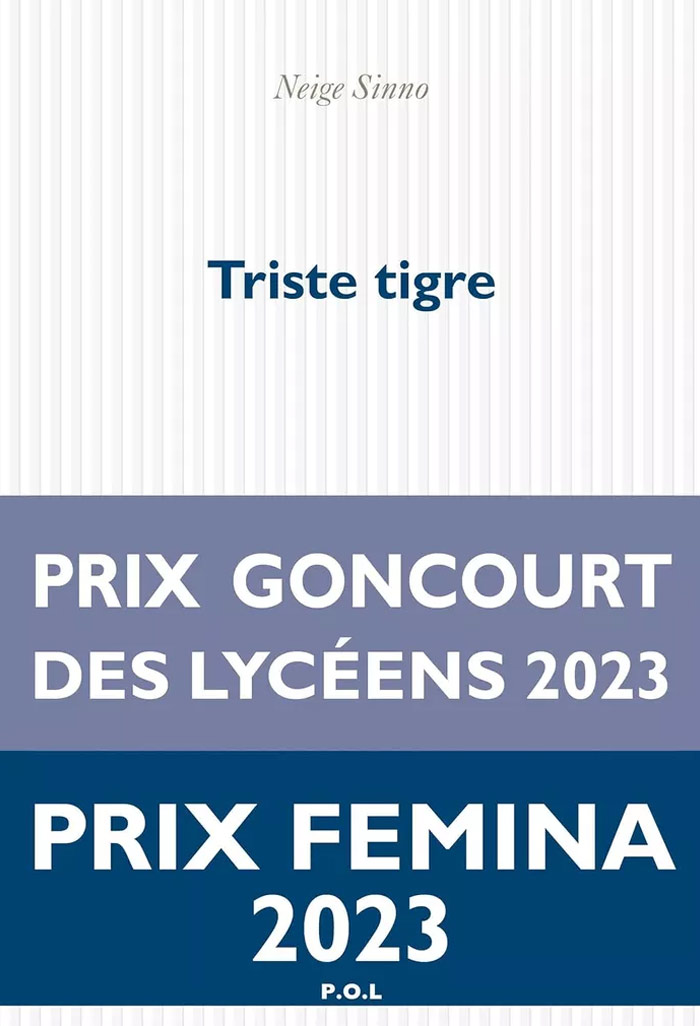
“Humus” by Gaspard Koenig (Interallié Prize, Jean Giono Prize)
In "Humus," Gaspard Koenig invites readers to reconnect with the essence of humanity and nature. The story revolves around Kevin and Arthur, two agronomy students at AgroParisTech, who experience an epiphany about the importance of earthworms and sustainable agriculture. The narrative follows Arthur, from a bourgeois family, who adopts permaculture on his family farm, and Kevin, from a working-class background, who starts an industrial-scale vermicomposting startup. Koenig’s novel, filled with twists, sharp commentary, and humor, is a well-researched and fluidly written ode to "joyful ecology," exploring both the protagonists' journeys and the larger environmental themes.
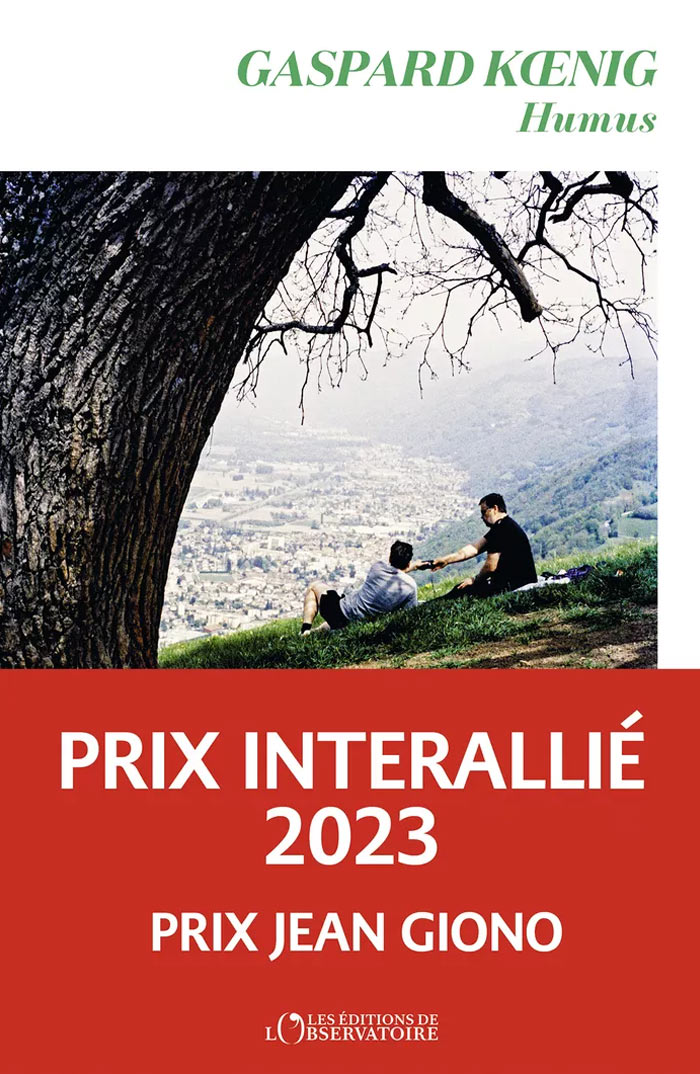
"Proust roman familial" by Laure Murat (Prix Médicis Essay)
Whether you've read Proust or struggled to get past eight pages of "In Search of Lost Time," Laure Murat uses this literary monument to tell her own story. Coming from a titled family acquainted with Proust, she brilliantly describes how rereading Proust revealed the ridiculous, obsolete, and toxic constraints within aristocratic life. Moreover, Proust's illumination of marginalized homosexual characters helped Murat find her place in the world, especially after her coming-out led to family exile. The book combines personal and historical narratives, offering an insightful family portrait and a deep dive into the customs of the aristocracy.
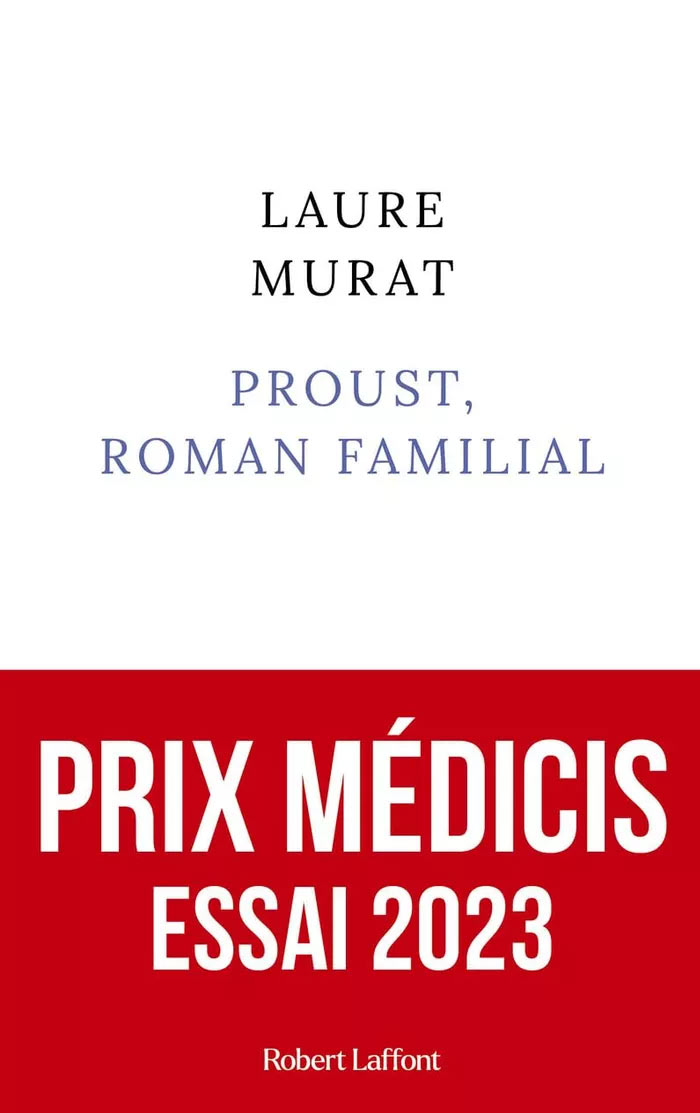
“Que notre joie demeure" by Kevin Lambert (Prix Médicis, Prix Décembre)
Kevin Lambert's mastery of language might have earned him the Goncourt Prize. His novel, "Que notre joie demeure," features intricate sentence structures and vivid storytelling. It focuses on Céline, a renowned architect known worldwide. Despite her apparent unstoppable rise, her involvement in a significant rehabilitation project in Montreal and ensuing conflicts with activists lead to her downfall. The novel brilliantly portrays Quebec's high society and its contradictions, offering a critical look at class division and societal issues.
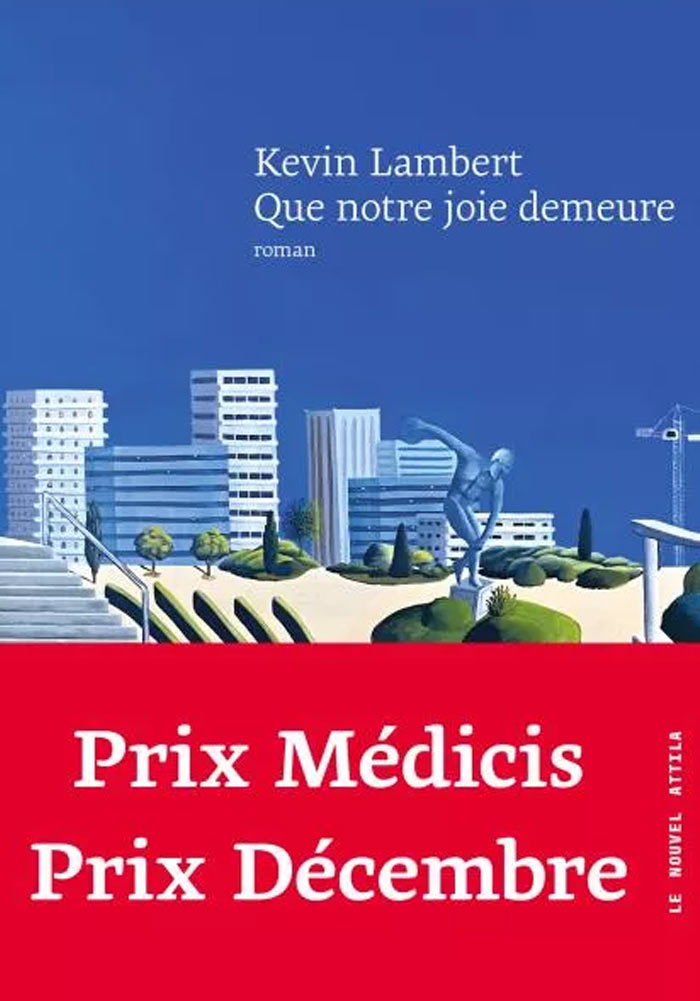
“Son odeur après la pluie” by Cédric Sapin-Defour (Goncourt des animaux, Prix 30 millions d’amis, Prix de la Centrale Canine)
In "Son odeur après la pluie," Cédric Sapin-Defour recounts his intense relationship with his Bernese mountain dog, Ubac. The narrative explores the deep connection between humans and their pets and, by extension, nature and time. The book, a literary sensation of the year, emotionally resonates with its readers without being overly sentimental.
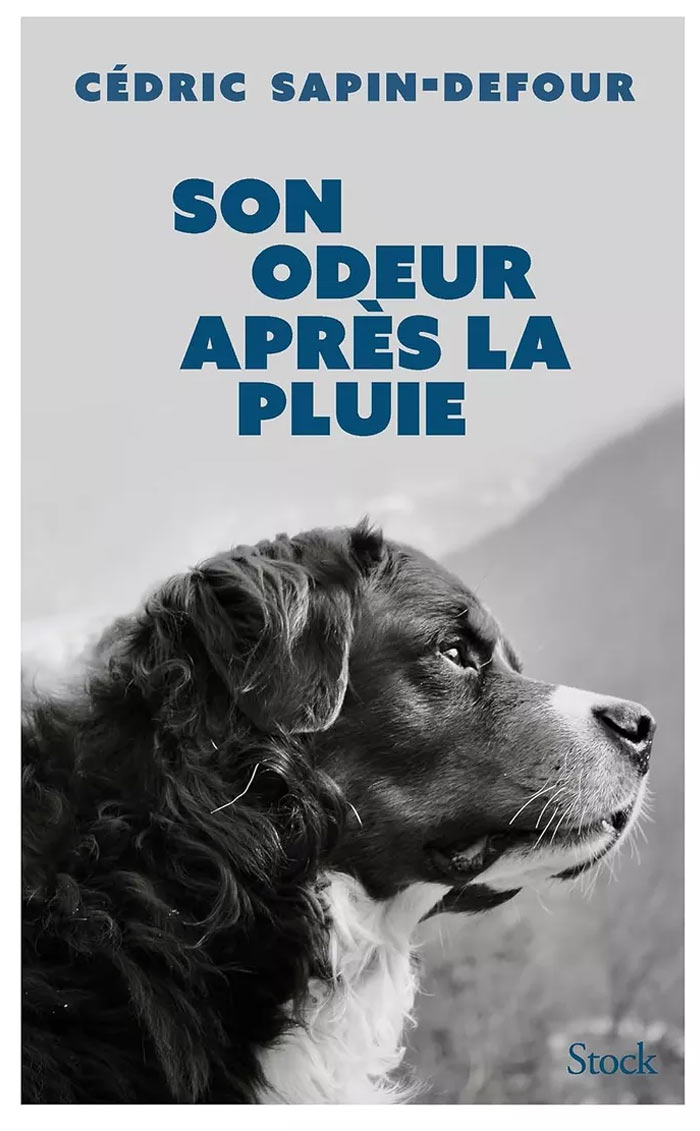
“Western” by Maria Pourchet (Prix de Flore)
Maria Pourchet's "Western" features two archetypal characters of our time: Aurore, a fatigued woman in her forties, and Axel, a celebrated actor. Both leave their lives behind and end up in the austere region of Quercy. The novel examines how to communicate, confront, and possibly love after abandoning illusions in a post-Me Too era. The book is notable for its strong, humorous writing and ability to spark thoughtful discussions.
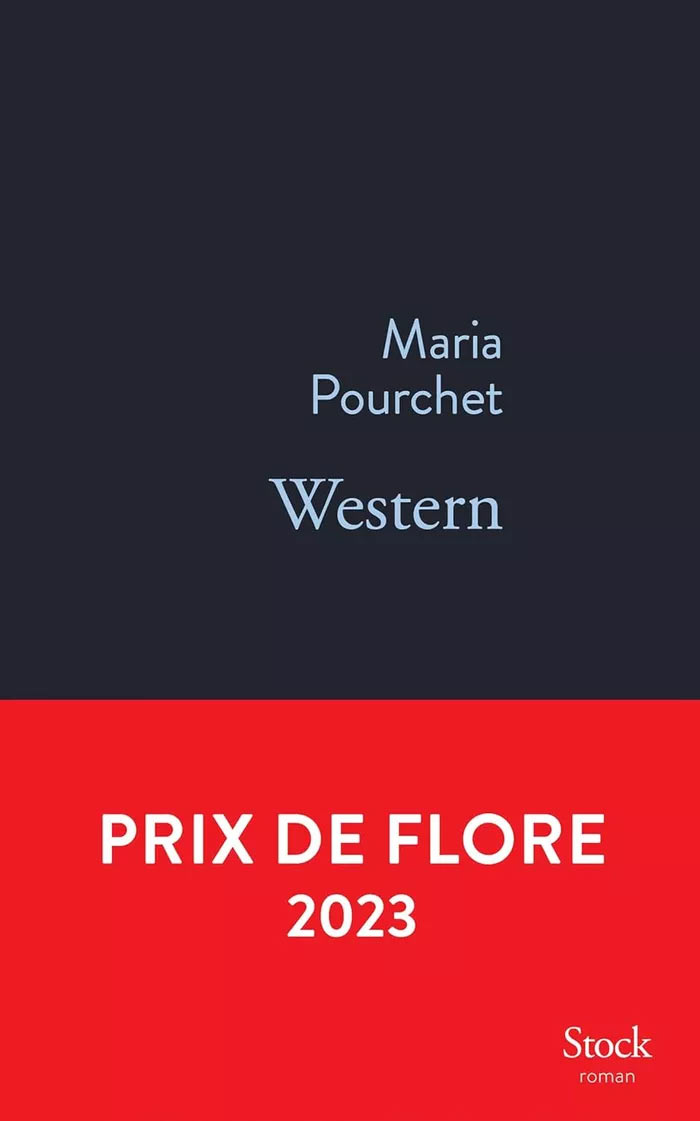
“La prochaine fois que tu mordras la poussière” by Panayotis Pascot
Although it didn't win any awards, Panayotis Pascot's debut novel has gained significant public acclaim, selling over 120,000 copies. The book details his experiences with casual relationships, coming out, a suicide attempt, and his father's impending death. Pascot, known for his work in media and stand-up comedy, presents an intimate, introspective narrative. The book touches on poignant topics like masculinity and vulnerability, blending poetic turns of phrase with a modern rhythm that captivates the reader.
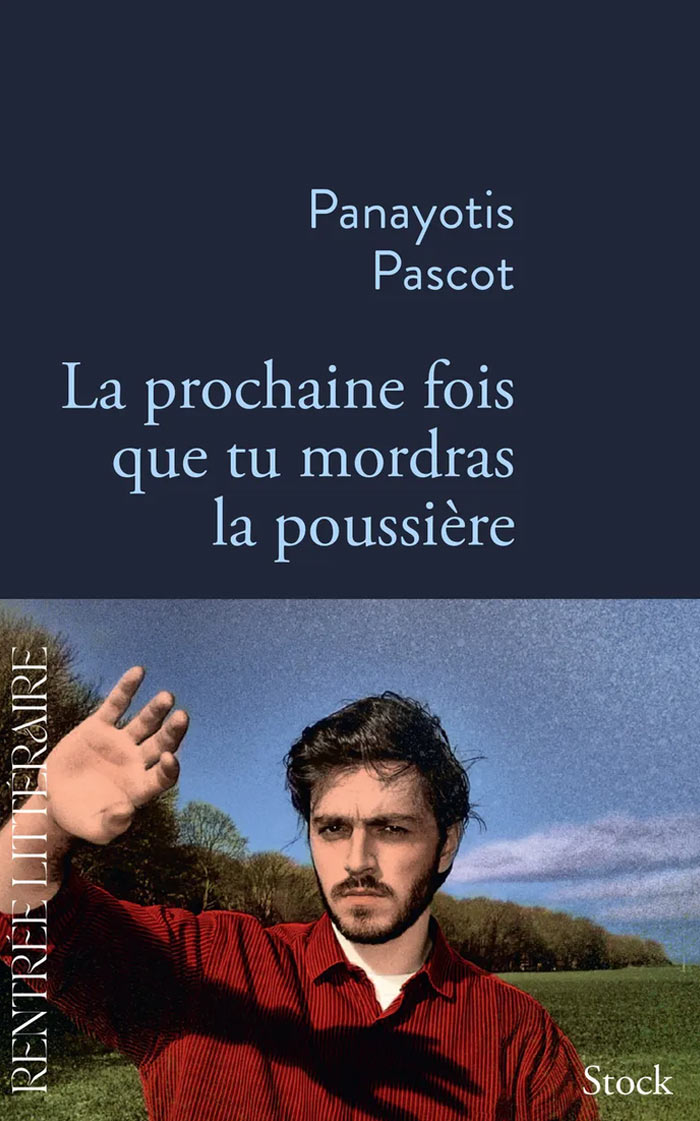
Recommended
Benefit Cosmetics' Cranberry Crush: The Season's Most Coveted Makeup Trend
26-December-2023

Tiffany & Co.'s Tiffany Crest: Homage to Heritage - The Season's Quintessential Gift Collection
20-December-2023





